You might think charity strategies are only for large corporations, but even small practices can greatly benefit from a thoughtful approach to giving. By establishing a charitable budget and utilizing donor-advised funds, you can enhance your fiscal planning while making a positive impact. Plus, maximizing tax deductions through appreciated assets can keep more money in your pocket. If you're curious about how community engagement and strategic contributions can further optimize your financial situation, you'll want to explore the details of these effective strategies.
Key Takeaways
- Allocate 1% to 10% of income for charitable giving, ensuring consistent contributions while enhancing community relations.
- Utilize donor-advised funds for upfront tax deductions and flexible giving, allowing for tax-free growth of contributions.
- Maximize tax deductions by donating appreciated stocks to avoid capital gains tax and bunching contributions in high-income years.
- Engage in community initiatives, such as free dental services and health education, to boost practice visibility and fulfill social responsibilities.
- Consult a financial planner to strategically time donations and optimize tax benefits for charitable contributions.
Establish a Charitable Budget
When you establish a charitable budget, you're not just setting aside money; you're creating a framework for consistent giving that aligns with your financial goals. By allocating a specific percentage of your income, typically between 1% to 10%, you guarantee your charitable contributions don't compromise your financial stability.
Review past years' donations to inform your budget, allowing adjustments based on changes in income or goals. Incorporating charitable giving into your financial plan can release tax deductions, as cash donations may be deducted up to 60% of your adjusted gross income.
Setting up a separate account for these donations simplifies tracking and reinforces your commitment throughout the fiscal year, enhancing community relations and showing patients you care about giving back.
Utilize Donor-Advised Funds
Utilizing Donor-Advised Funds (DAFs) can greatly enhance your charitable giving strategy while maximizing tax benefits. With DAFs, you make an upfront contribution, receive an immediate tax deduction, and recommend grants to charities over time. This allows for tax-free growth of your contributions, boosting your philanthropic impact.
You can contribute appreciated assets, like stocks, without facing capital gains tax, letting you deduct their full market value. DAFs offer flexibility in giving, helping you manage cash flow during fluctuating income years.
Plus, they simplify record-keeping by handling the administrative tasks of charitable contributions. By incorporating DAFs into your fiscal planning, you'll streamline your giving and make the most of your financial resources while supporting causes you care about.
Maximize Tax Deductions
Incorporating donor-advised funds into your giving strategy opens the door to maximizing tax deductions. By contributing cash or appreciated assets, you can enhance your charitable contributions greatly.
Cash donations are deductible up to 60% of your adjusted gross income, while donating appreciated stocks allows you to avoid capital gains tax altogether.
To optimize tax efficiency, consider bunching your charitable contributions during high-income years, which can help you exceed the standard deduction limits.
Additionally, if you're aged 70.5 or older, directing required minimum distributions from retirement accounts to qualified charities lets you avoid taxable income while still supporting meaningful causes.
These strategies not only strengthen your fiscal planning but also amplify the impact of your generosity.
Engage in Community Initiatives
By engaging in community initiatives, you not only boost your practice's visibility but also build trust and goodwill within your local area.
Participating in dental health education programs in schools positions you as a reliable resource for oral hygiene. When you offer free dental services at community health fairs, you provide essential care to underserved populations while claiming charitable deductions for your contributions.
Collaborating with local charities for fundraising events enhances visibility and aligns your practice with health-oriented causes. Additionally, volunteering for organizations that serve low-income individuals showcases your commitment to social responsibility and can result in tax benefits for your hours.
These efforts not only promote goodwill but also encourage patient referrals, supporting your financial planning.
Plan Contributions Strategically
Building on your community initiatives, planning contributions strategically can greatly enhance your fiscal health while maximizing your charitable impact.
You can utilize donor-advised funds to make charitable contributions and receive immediate tax deductions, especially in higher income years. Gifting appreciated stocks not only avoids capital gains taxes but also offers a deduction based on fair market value, saving you thousands.
Timing your donations during years when you can itemize deductions above the standard limits can improve your tax outcomes considerably. Consider bunching contributions over multiple years for larger tax deductions.
If you're over 70.5, using required minimum distributions for charitable donations can lower your taxable income, effectively reducing your adjusted gross income.
Consult a financial planner to maximize these tax benefits.
Frequently Asked Questions
How Can I Increase My Dental Office Profit?
To increase your dental office profit, focus on patient retention through referral programs, enhance your online presence with effective marketing techniques, diversify services, manage costs efficiently, train staff, and build insurance partnerships for better patient access.
How to Sell Dental Treatment Plans?
Wondering how to sell dental treatment plans? Start with an engaging treatment plan presentation, use effective patient communication, showcase benefits, and create urgency. Utilize testimonials, explain financial options, and follow up to address patient concerns.
Conclusion
By weaving charity into your fiscal planning, you're not just planting seeds of generosity; you're growing a garden of goodwill that nurtures your community and enhances your practice's reputation. With a thoughtful budget, smart fund strategies, and community engagement, you'll cultivate enduring relationships and reap significant benefits. Remember, each contribution you make is like a drop of water, nourishing the roots of your practice and the lives around you. Start planting today for a fruitful tomorrow.


